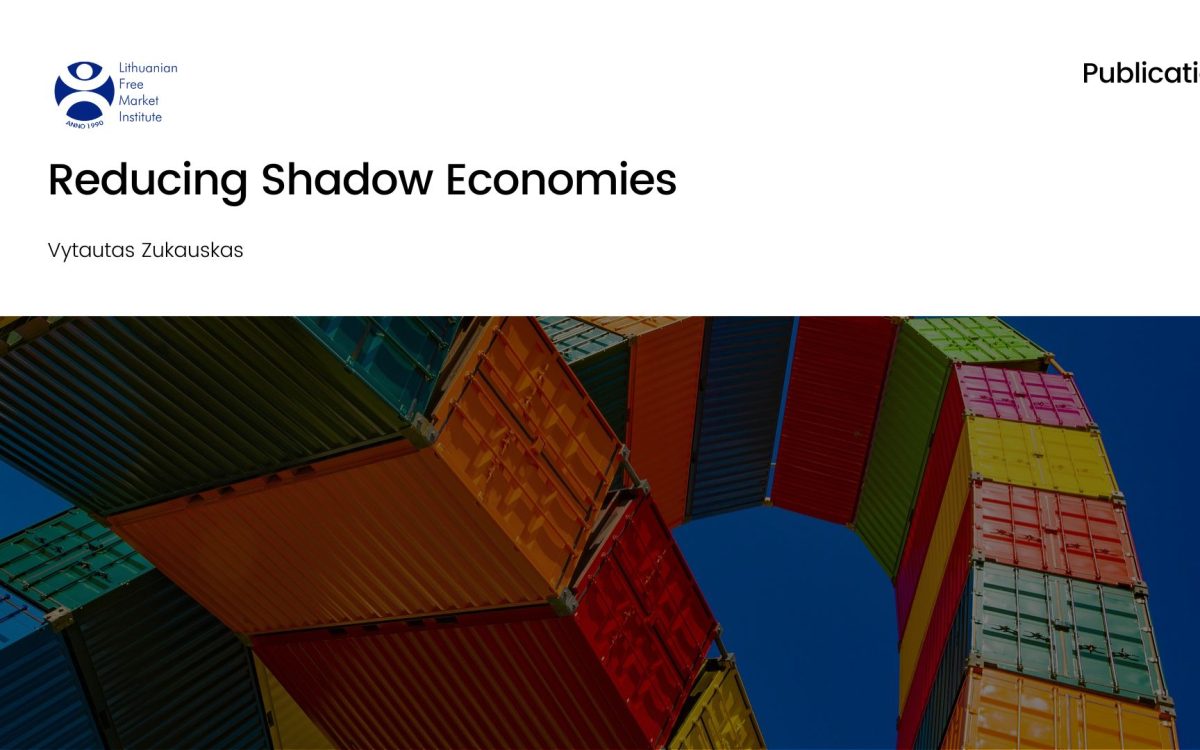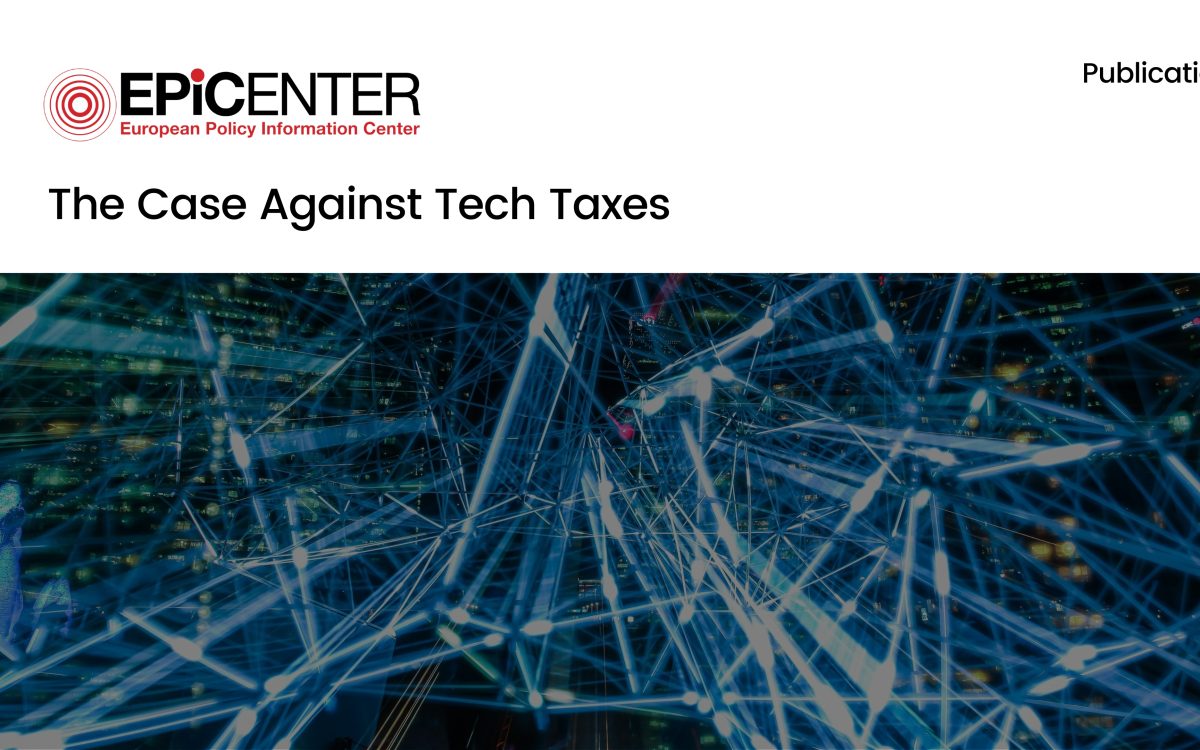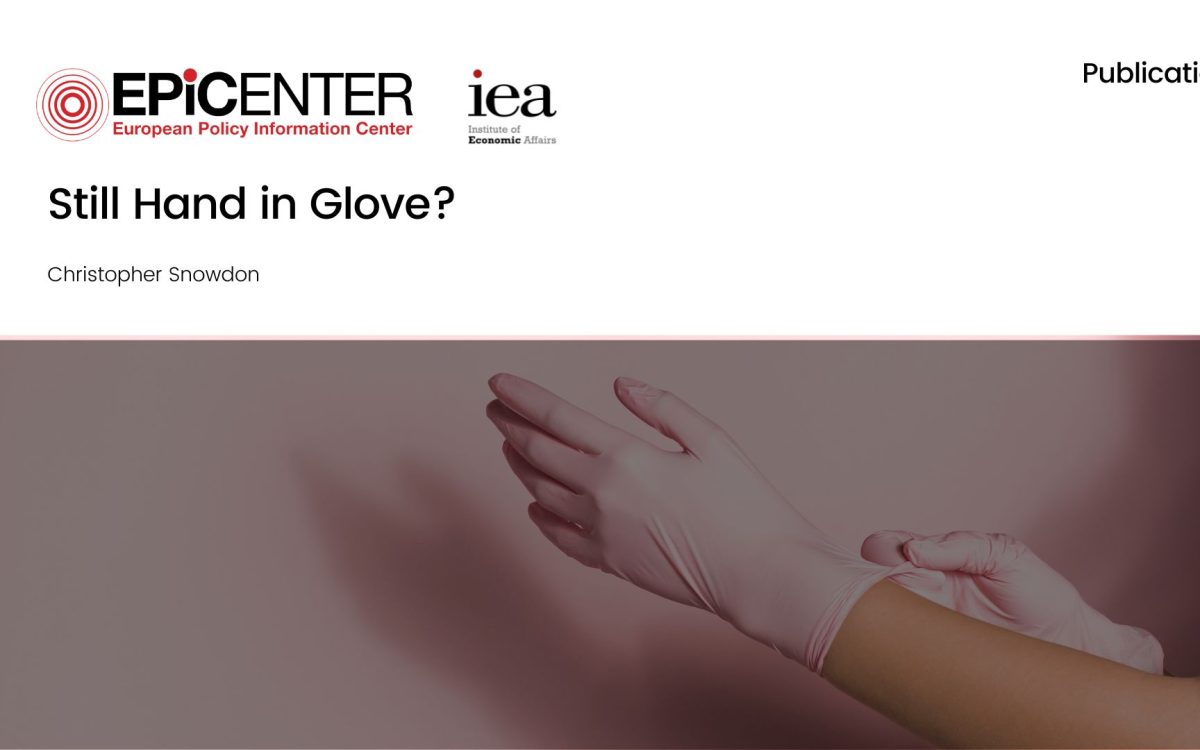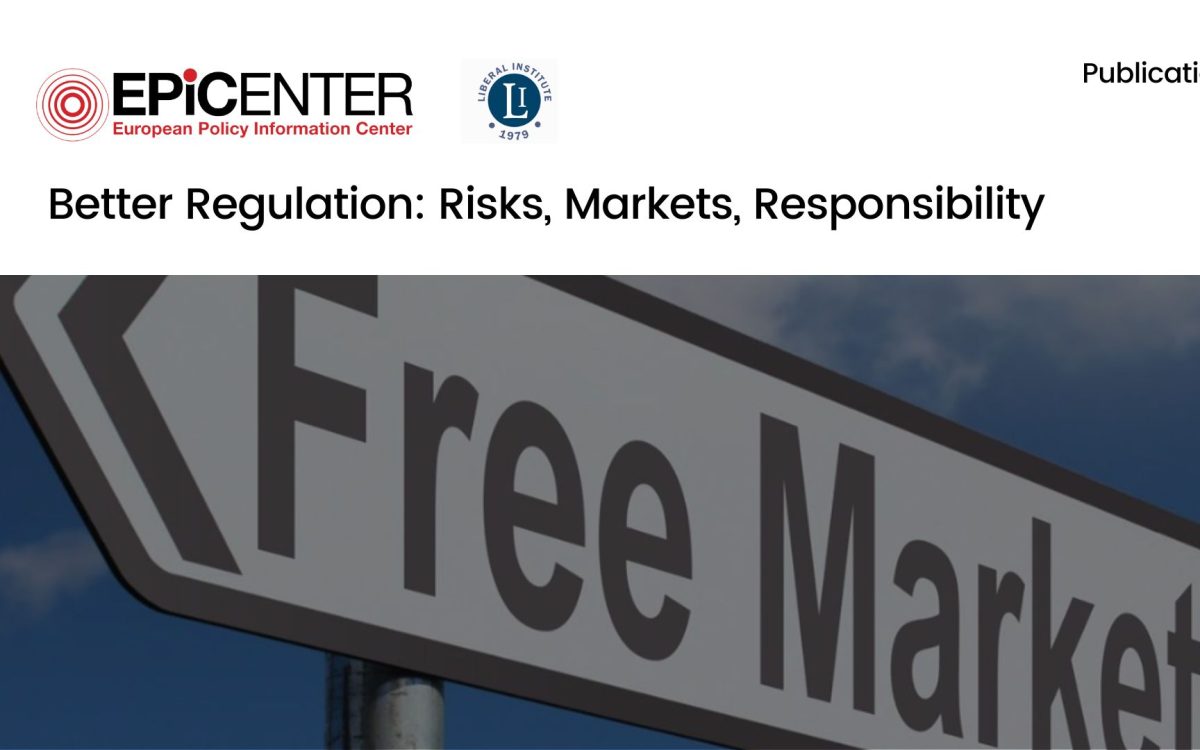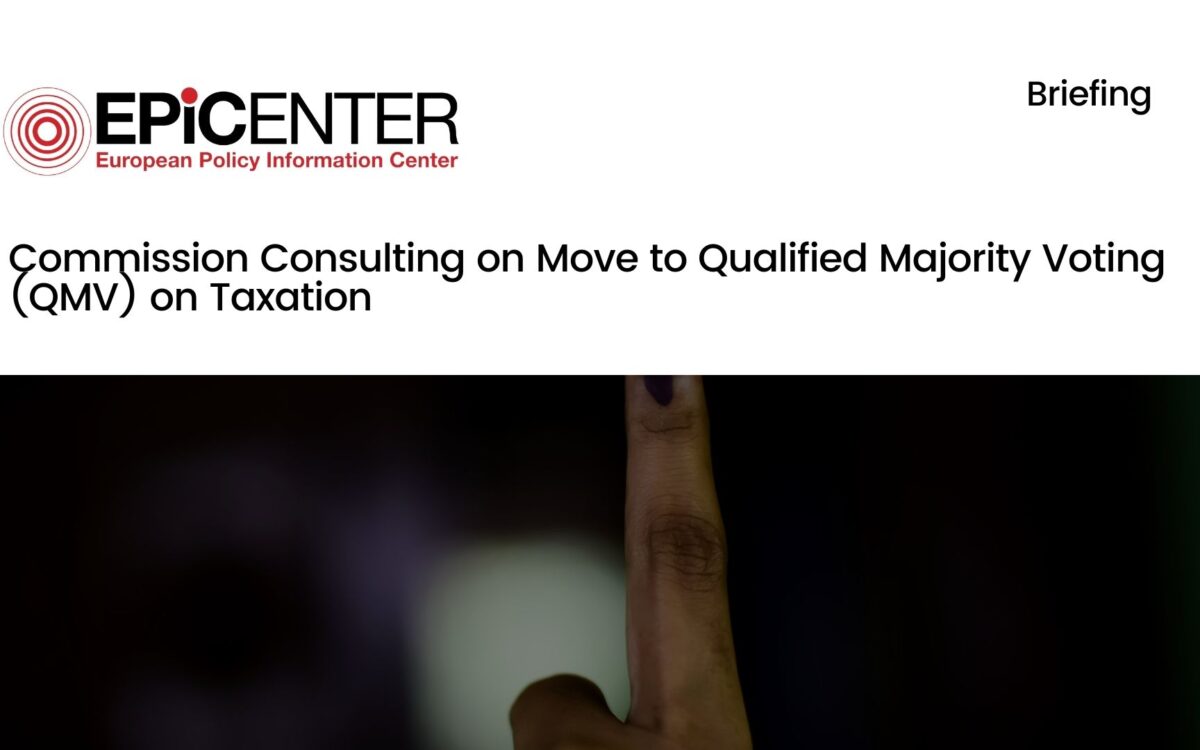Fiscal & Taxation Publications
September 5, 2019
Published by EPICENTER on September 5, 2019
Categories
Across Europe, shadow markets constitute a significant portion of the economy. According to some estimates an average of 16 percent of GDP in EU member states is generated by the shadow economy. In Eastern and Southern Europe, the share of GDP produced by the shadow economy is even higher. On the one hand, governments admit that activities carried out within shadow markets create added value – they are included in official estimates of GDP among EU member states. On the other hand, governments have attempted to combat the shadow economy by introducing all kinds of policy measures aimed at reducing its operations as far as possible.
June 26, 2019
Published by EPICENTER on June 26, 2019
Categories
This paper explains why additional taxes on the turnover of companies with a large digital presence would be disproportionate, discriminatory and damage the European economy. They would further complicate the tax system for no obvious benefit, but substantial costs.
February 28, 2019
Published by IEA on February 28, 2019
Categories
Following on from research published by the IEA between 2012 and 2014, this discussion paper revisits the issue of state-funded activism in the UK and EU.
February 26, 2019
Published by EPICENTER on February 26, 2019
Categories
A popular explanation for economic scandals, crises and suboptimal market outcomes is the lack of government regulation. This interpretation is intensively promoted by the promoters of a “bridled” market and by the communication departments of the respective administrations: only the supervision and control of the market economy by the bureaucratic state would ensure the integrity of economic actors. This would even apply to competition, which would allegedly be endangered without a dedicated authority.
February 20, 2019
Published by EPICENTER on February 20, 2019
Categories
Do European companies pay their fair share of tax? Many companies headquartered in France, Germany, Italy and Spain show very low effective corporate tax rates (ECTRs). Their effective tax rates are often much lower than those of digital corporations, including the largest tech companies headquartered in the United States.
January 1, 2019
Published by EPICENTER on January 1, 2019
Categories
On 20th December, the European Commission launched a (relatively brief) consultation on moving from unanimity to qualified majority voting (QMV) in the Council on certain tax issues. The public consultation closes on the 17th January, with “indicative planning” to be carried out this quarter.
